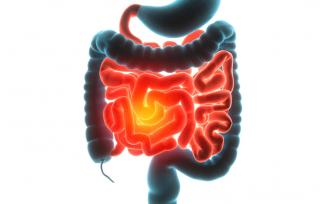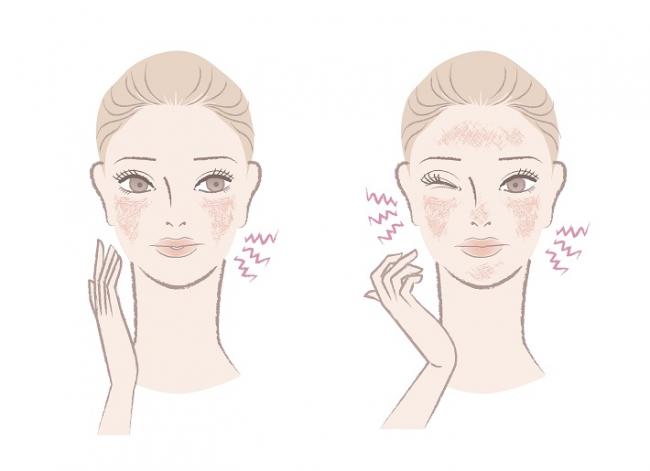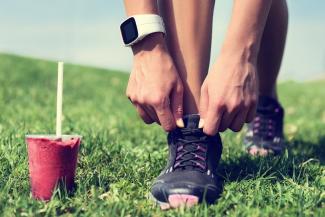News
- Echinacea for preventing and treating the common cold
15 Apr 15
- Risk of stroke after chiropractic extremely low
15 Apr 15
- Vitamin B12: Useful for depression?
15 Apr 15
- Lavender Aromatherapy for Sleep
03 Feb 15
- Hawthorn for Hypertension
03 Feb 15
- Acupuncture improves exercise tolerance
03 Feb 15
- N-acetylcysteine for major depression
03 Feb 15
- Vitamin D supplementation to decrease mortality
03 Feb 15
- Portulaca oleracea seeds for weight loss
09 Jan 15
- Mindfulness-Based Therapies to treat gastrointestinal disorders
09 Jan 15
- Tribulus terrestris as an aphrodisiac and performance enhancer?
09 Jan 15
- Ashwagandha is an alternative treatment for anxiety
09 Jan 15
- Pomegranate Juice is protective during exercise
09 Jan 15
- Weight Loss based on Popular Diets
07 Nov 14
- Should you monitor your own blood pressure medication?
07 Nov 14











